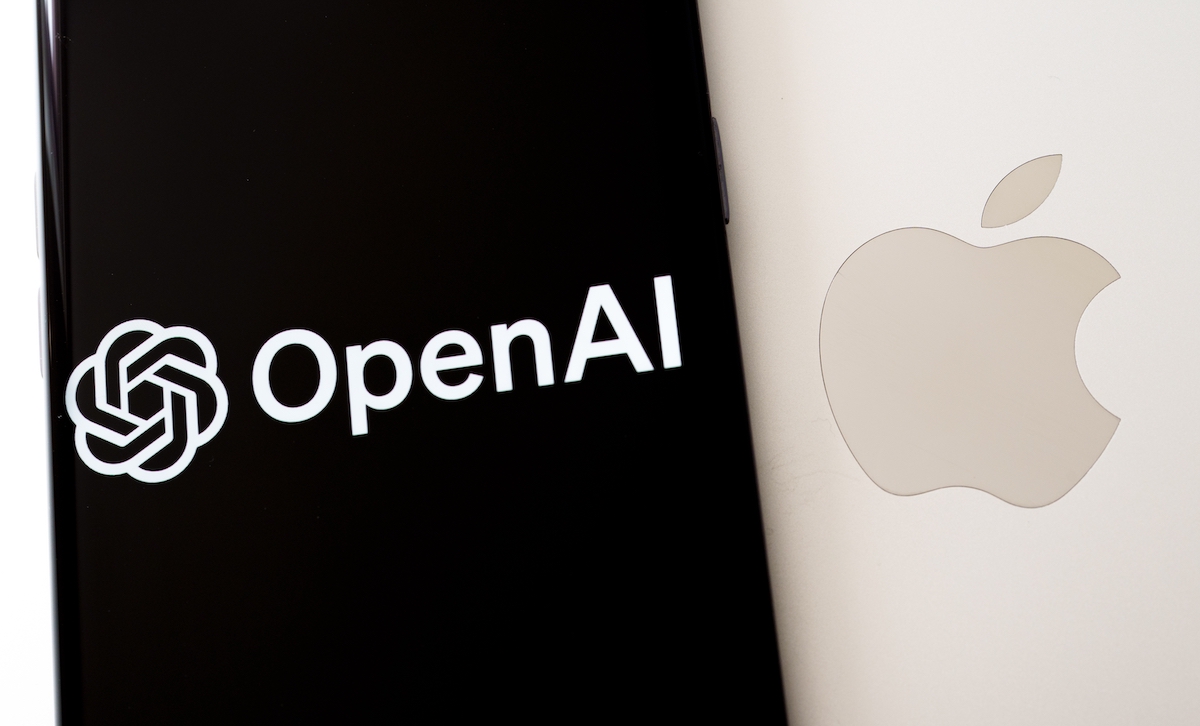
During the 2024 Worldwide Developers Conference (WWDC), Apple underscored a deliberate and measured strategy for integrating artificial intelligence (AI) into its ecosystem. Marked by the introduction of ‘Apple Intelligence,’ a suite of AI-powered features tailored for iOS and macOS, the company showcased innovations that prioritize user privacy, utility, and system integration, rather than embracing sweeping generative AI transformations.
Unlike competitors such as Google and Microsoft, which have rapidly incorporated advanced generative AI models into their products and cloud platforms, Apple focused on tightly curated applications. For instance, Apple Intelligence includes features such as notification prioritization, on-device writing tools, and enhanced Siri capabilities, all running in ways designed to preserve user control and safeguard data.
This cautious stance aligns with a recently published research paper by Apple’s AI scientists, which reportedly expresses reservations about the reliability and scalability of some recent AI advancements. While the company has made significant investments in machine learning and continues to build powerful AI frameworks — like Core ML — its internal research suggests a hesitancy to fully rely on large language models (LLMs) without further refinement.
According to the paper, Apple views certain claims around generative AI models with skepticism, particularly concerns about hallucinations, reproducibility, and resource consumption. These technical challenges raise issues for deployment at scale and in consumer-centric devices where performance, battery life, and data privacy are paramount.
The unveiling of Apple Intelligence at WWDC reflects a strategic compromise — offering enhanced AI capabilities without surrendering to the hype. By leveraging a combination of on-device processing and selectively engaging cloud-based AI when necessary, Apple aims to build trust and utility without sacrificing its core principles.
Overall, Apple’s approach to artificial intelligence signals a longer-term vision, one that emphasizes stable, responsible, and user-focused deployment rather than chasing fast-moving trends. As the AI landscape continues to evolve, Apple is positioning itself as a cautious innovator — advancing AI while maintaining its commitment to user privacy and system reliability.
Source: https:// – Courtesy of the original publisher.








